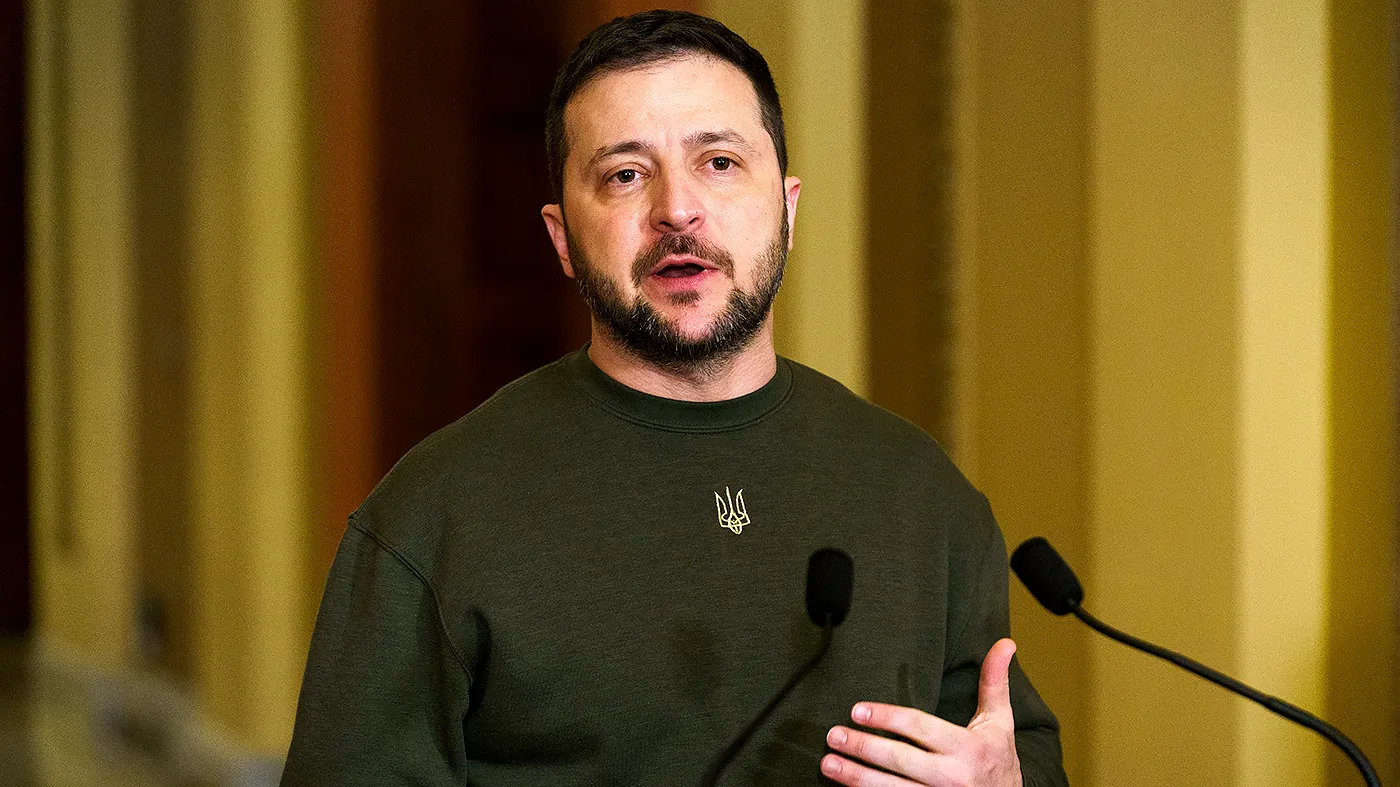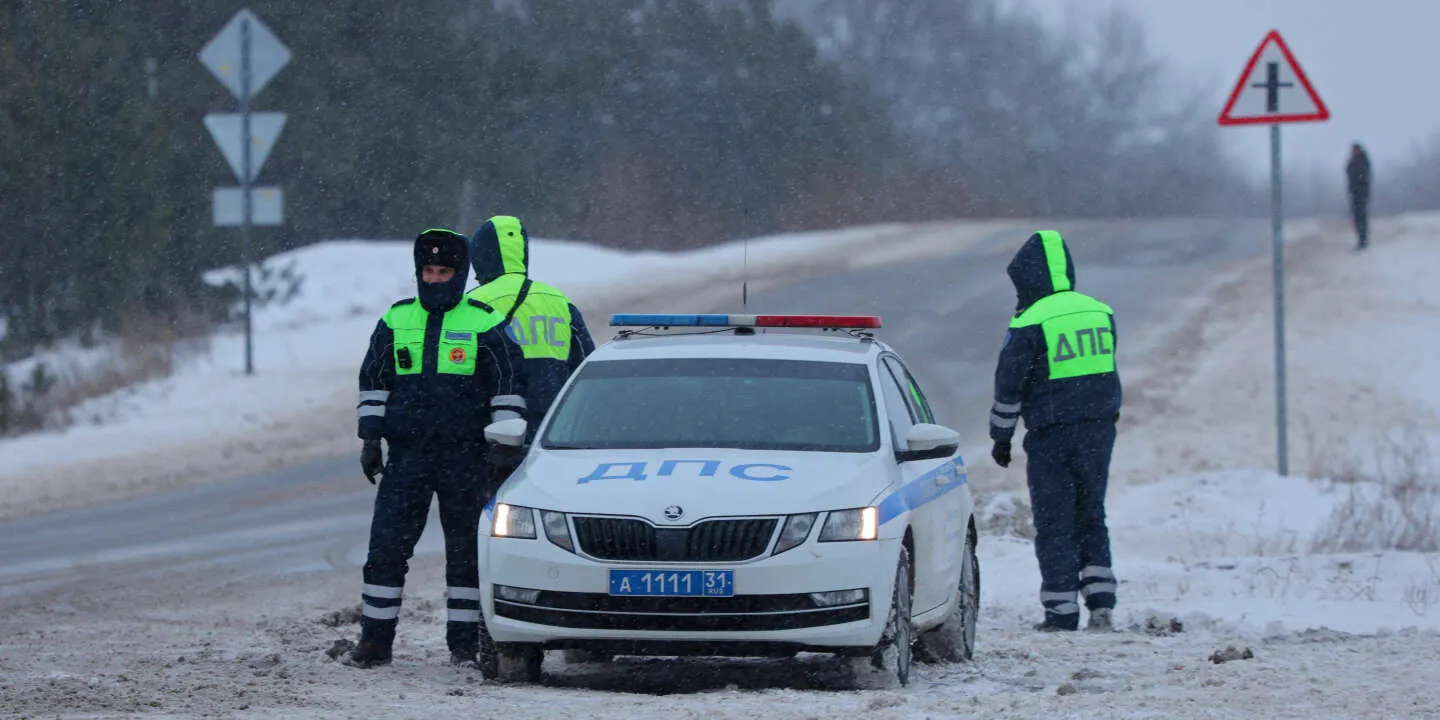Ukraine has initiated a criminal investigation into the downing of a Russian military transport plane, allegedly resulting in the deaths of 65 Ukrainian prisoners of war (POWs).
The incident has sparked questions about the future of prisoner exchanges between Russia and Ukraine. The Kremlin, responding to the tragedy, expressed uncertainty about the impact on upcoming swaps.
The IL-76 Russian Air Force plane crashed in the Belgorod region, and while Russia claims it was shot down deliberately by Ukraine, the latter has not confirmed or denied its involvement.
Ukraine’s President Volodymyr Zelenskyy accused Russia of “playing with the lives” of prisoners, describing the situation as a “very difficult day” and calling for an international inquiry.

Volodymyr Zelensky (Credits: The Hill)
Ukraine’s Security Service (SBU) launched a probe, stating it is taking measures to clarify the circumstances of the downing.
Kremlin spokesperson Dmitry Peskov labeled the incident a “monstrous act,” and regarding the impact on future exchanges, he remarked, “Nobody can tell you how it would affect the prospects for extending this [exchange] process.”
The Russian Ministry of Defence claimed the plane was hit while en route from Moscow to Belgorod, with the crash site located 40km north of the Ukrainian border.
Russia accused Ukraine of launching two missiles, a claim met with skepticism by Ukraine. The secrecy surrounding the prisoner exchanges has complicated efforts to establish the truth.
Al Jazeera’s Rob McBride highlighted the challenge of uncovering facts due to the sensitivity of Russian-Ukrainian prisoner exchanges.
A video posted on Telegram showed the aircraft exploding in a fireball. Russia’s assertions were met with suspicion by Ukraine, which accuses Russia of conducting disinformation campaigns.
Ukraine’s GUR military intelligence agency criticized Russia for not informing about transport arrangements for the swap and for flying POWs close to an active war zone. GUR suggested Russia’s actions may be planned and deliberate to destabilize Ukraine.
The recent exchange of hundreds of POWs between Russia and Ukraine marked the most significant release since Russia’s invasion in February 2022.
However, the latest incident has raised concerns about the potential impact on future swaps. Russian lawmaker Andrei Kartapolov tempered the Kremlin’s stance, stating Russia would negotiate with “even the devil” to bring back its captured soldiers.
The ongoing tensions between Russia and Ukraine, exacerbated by the downing of the military plane, underscore the challenges in diplomatic efforts and the fragile nature of prisoner exchanges amid the conflict.























